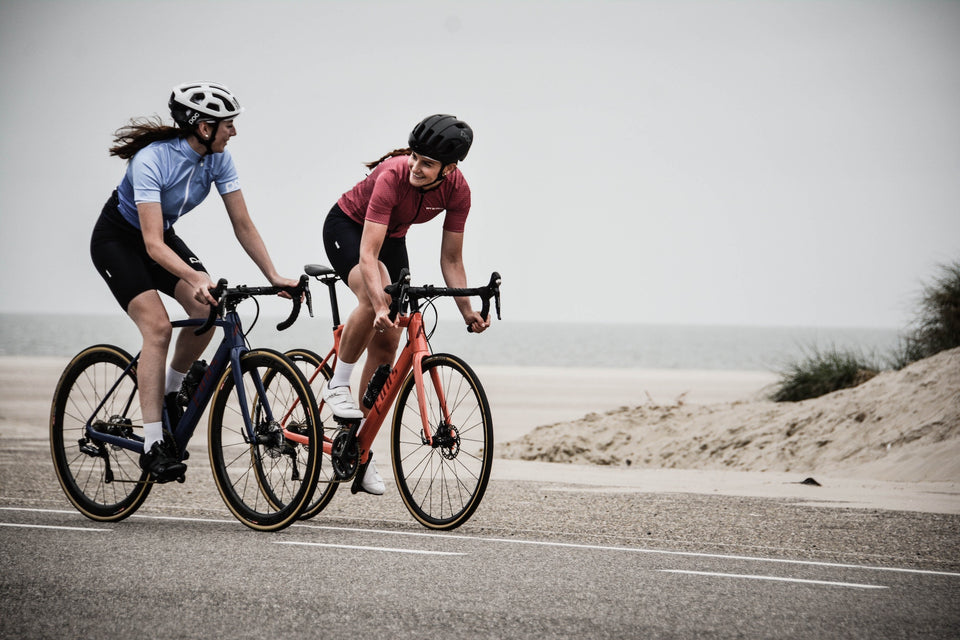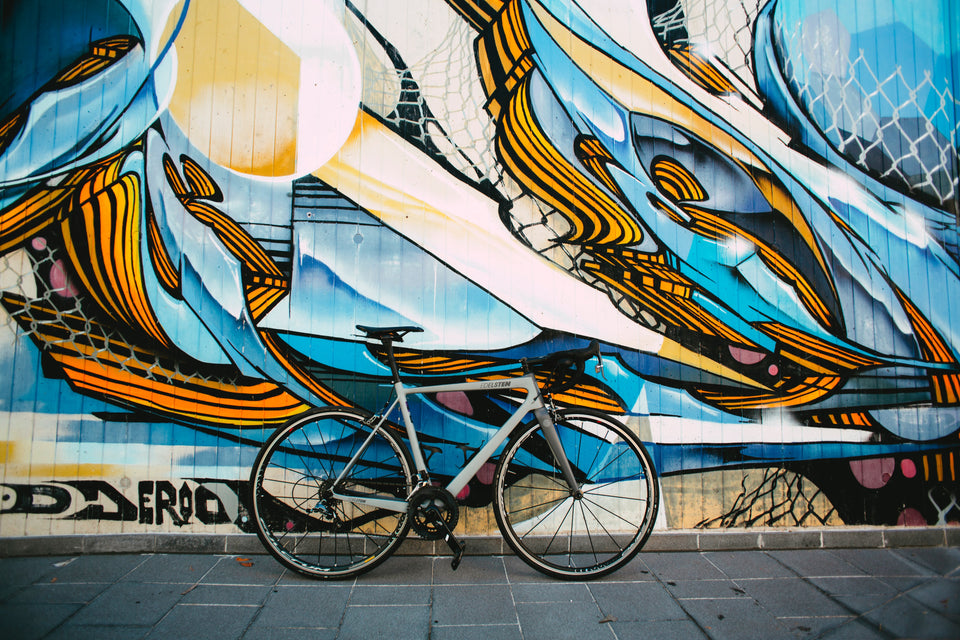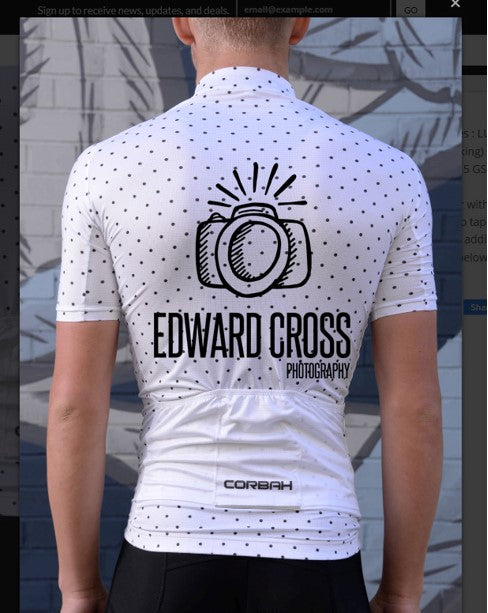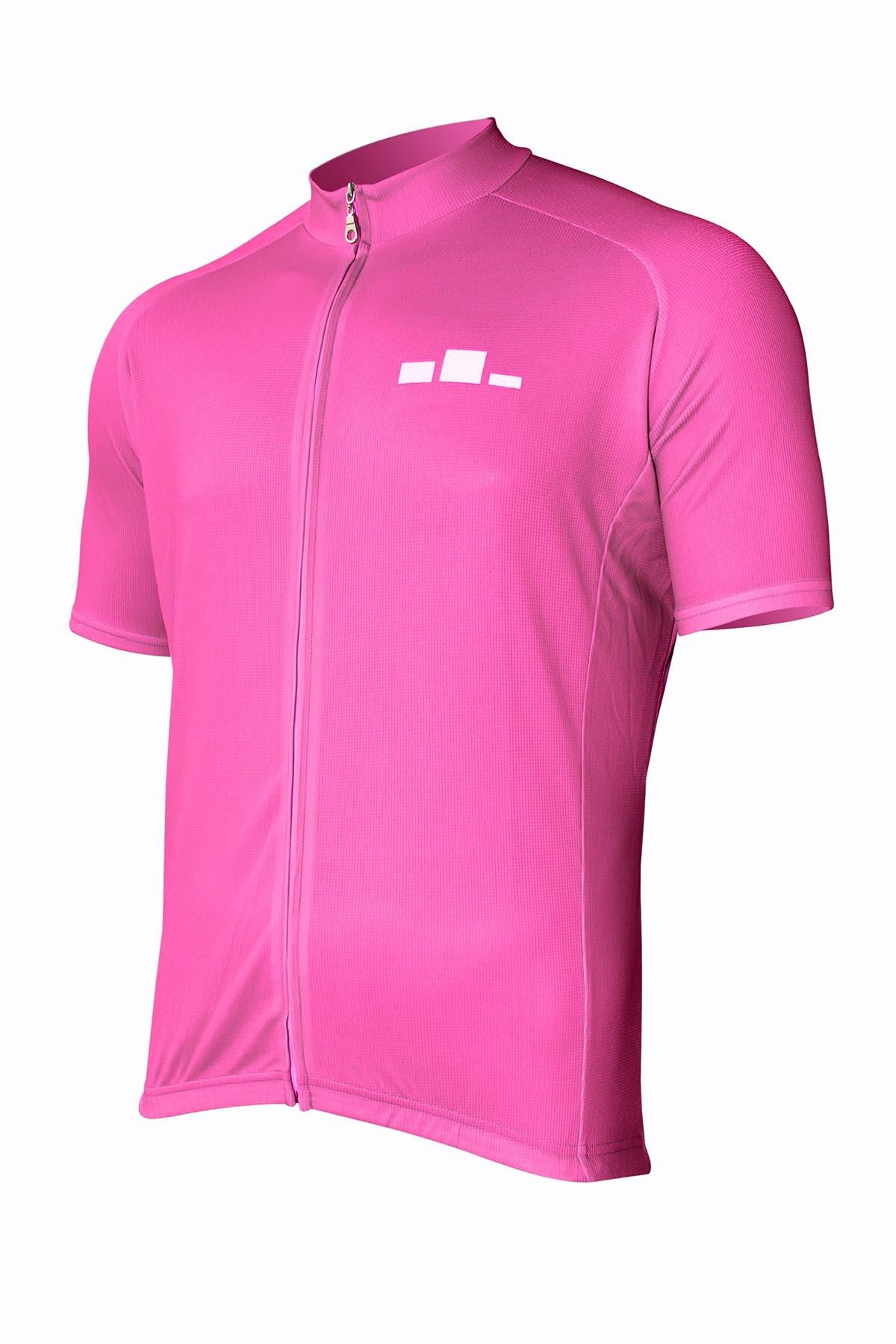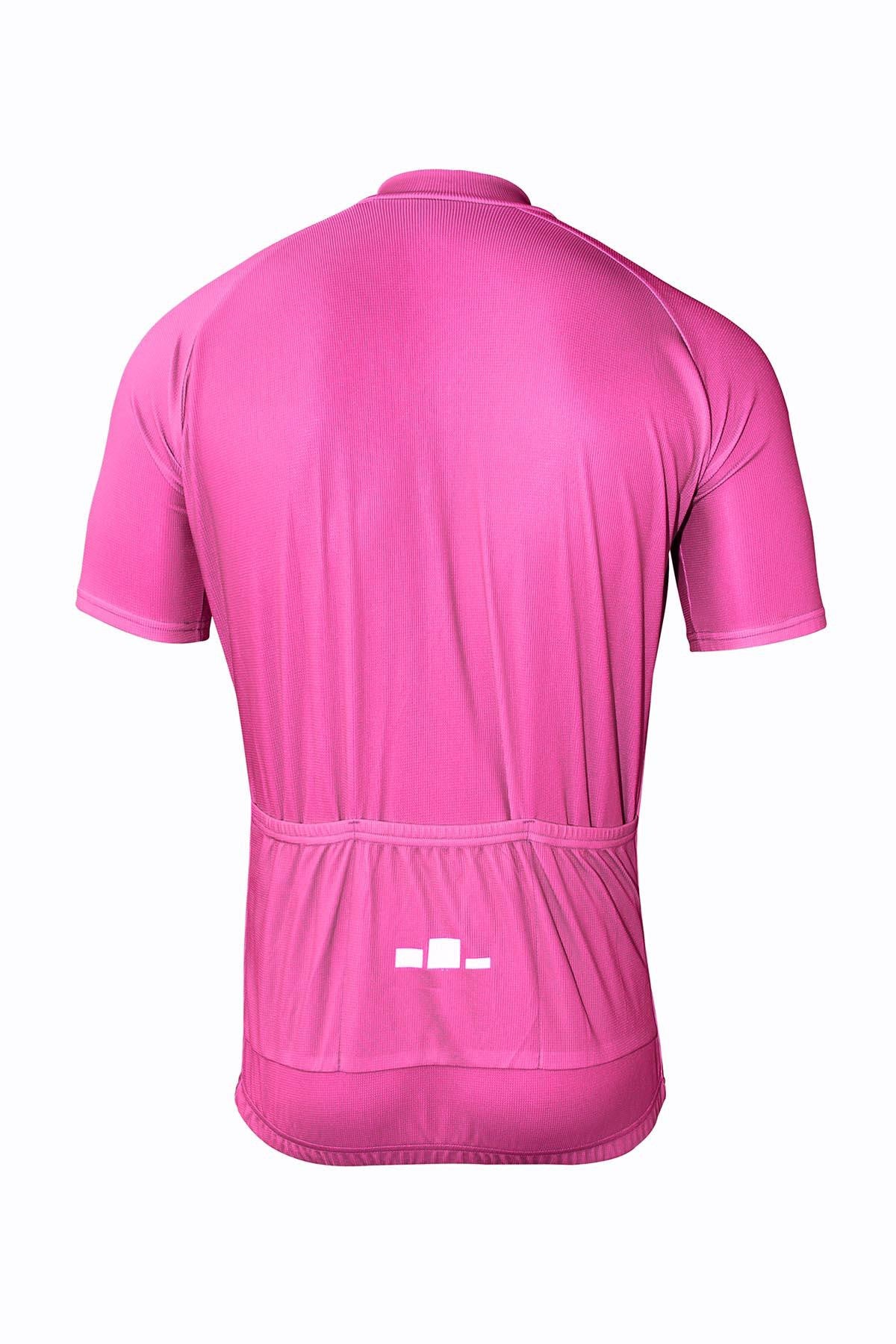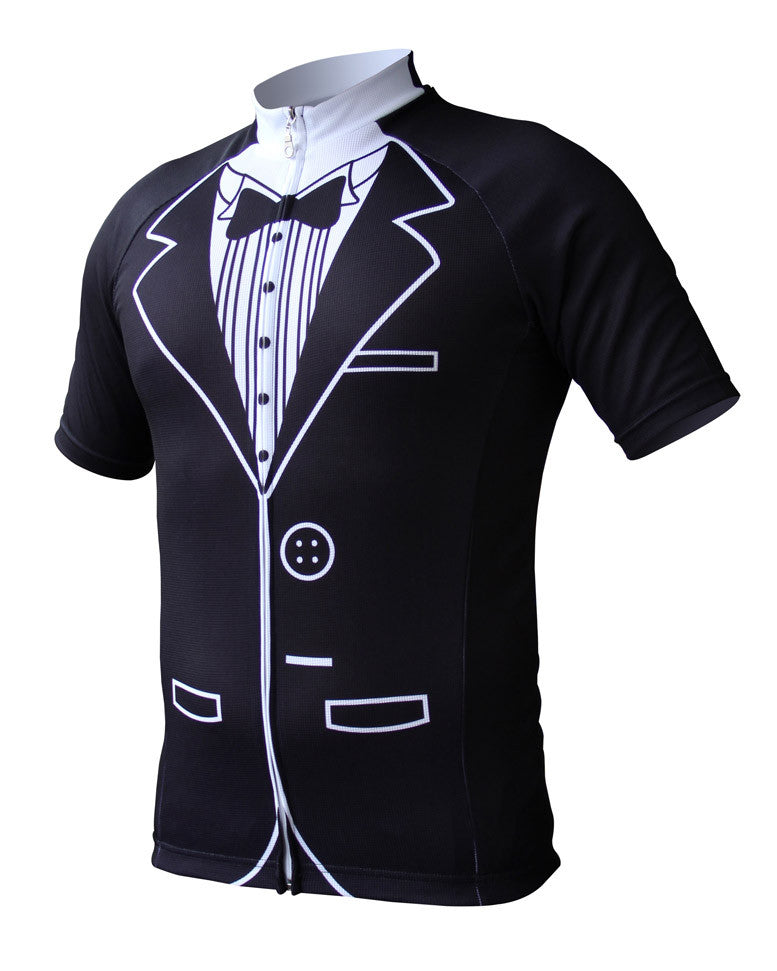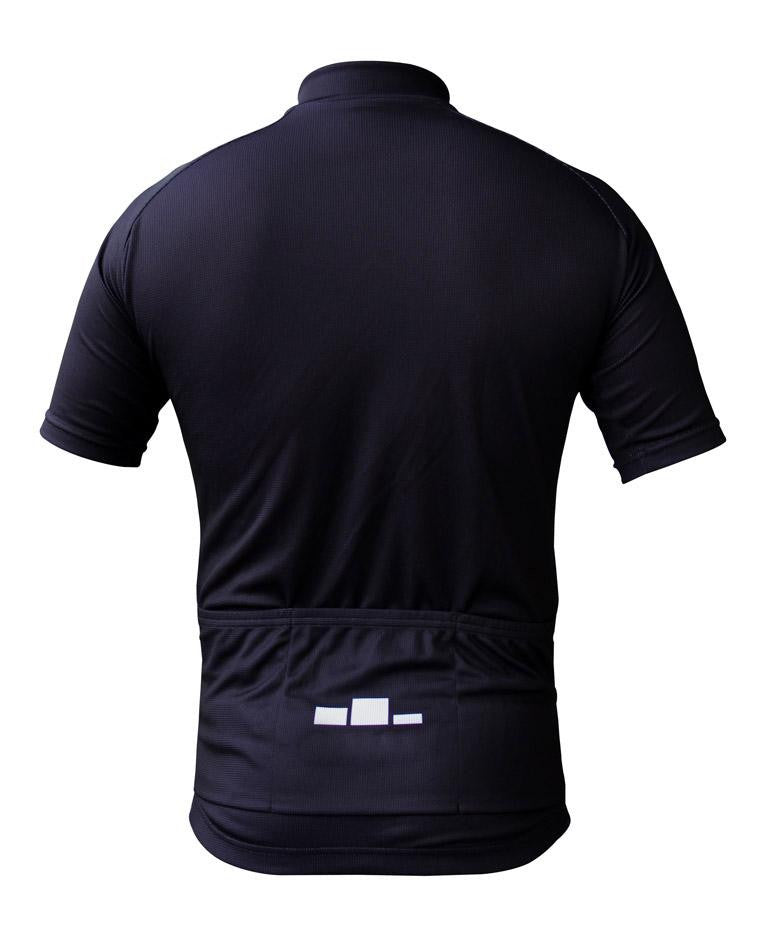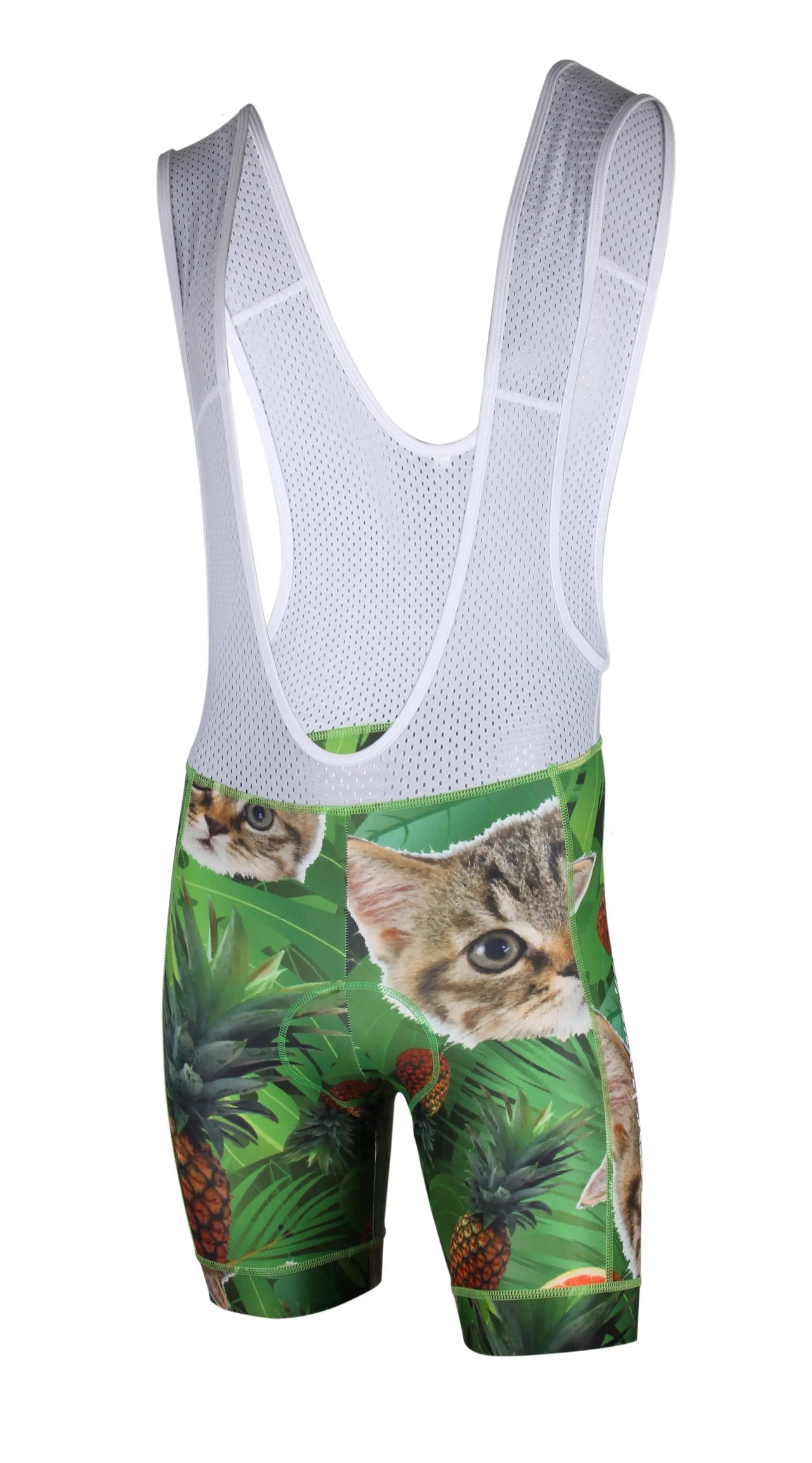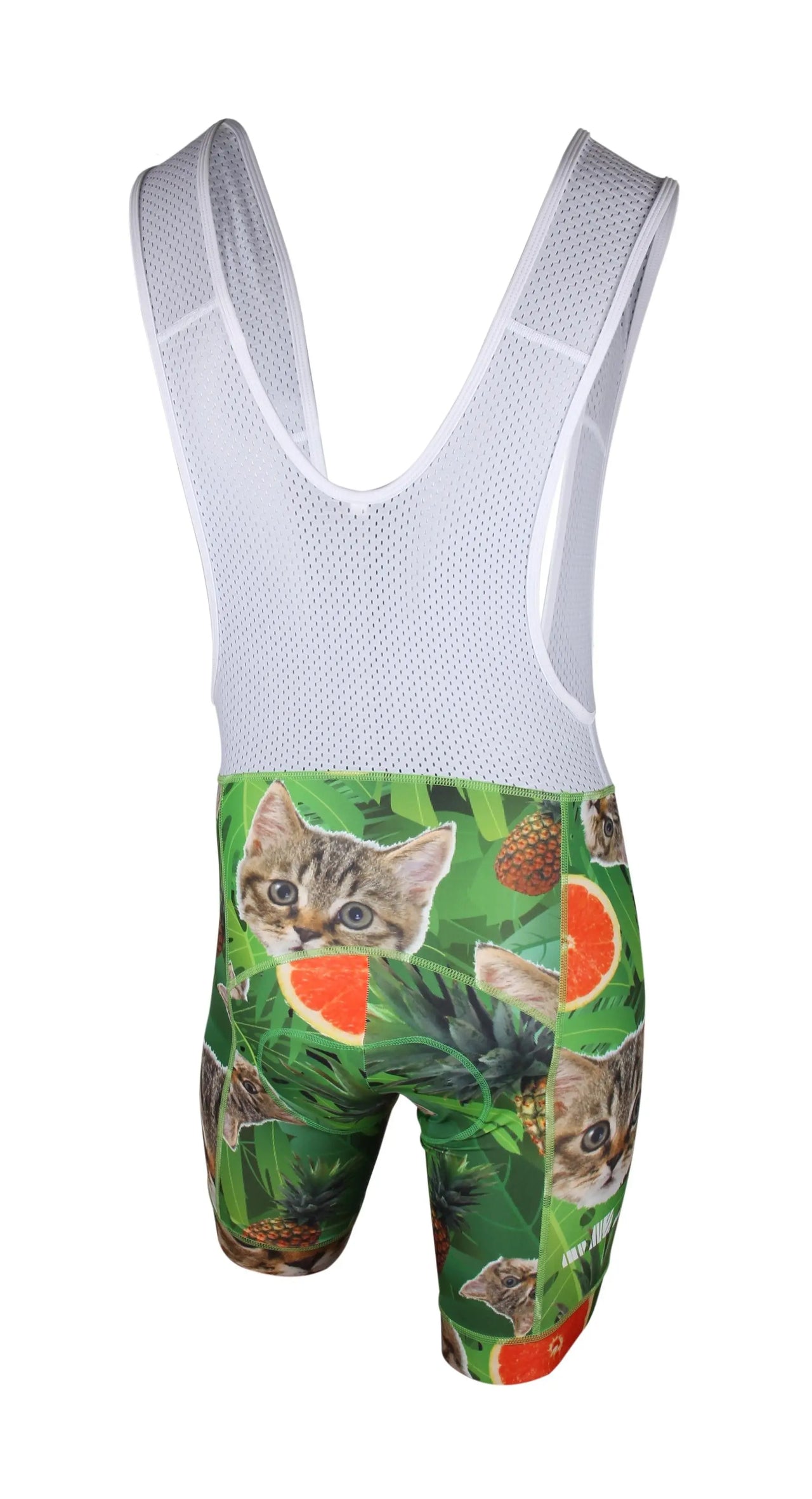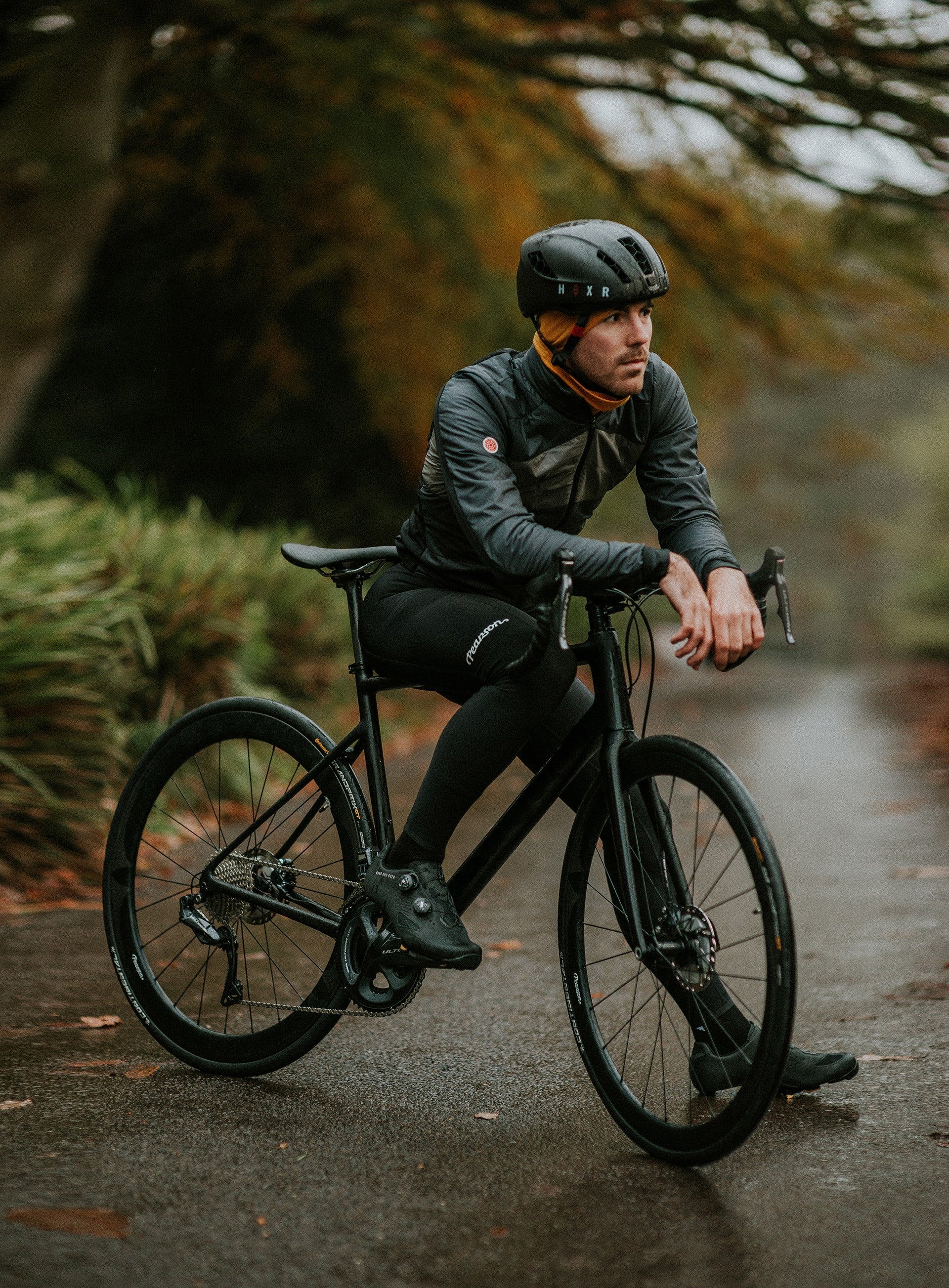
11 Tips for Getting Into Road Cycling
1. Set and Visualize your Goals
What I mean by this is you need to create in your mind what exactly is a road cyclist. What are some metrics that YOU must satisfy in your mind to say, "I am now a road cyclist." If you're looking for examples of some of those goals, keep on reading. Satisfying these goals will mean you've made it.
2. Understand your Strengths and Weaknesses
Being a road cyclist is all about bringing the right tool to the job. Are you naturally trim, lightweight, and skinny? Perhaps consider being someone who specializes in hills and mountains. Are you 200 pounds or ~90kg and have no interest in losing weight? Guess what? You might be a force to be reckoned with in crosswinds and the flats. Focus on big power numbers at all costs. Eat whatever you want! Have more of an all-arounder physique? Kind of the jack of all trades and master of none? Well, maybe consider being good at everything. Regardless of your riding style, eating healthy will go farther than anything else.
3. Get the right gear
Nothing worse than being held back by your gear. So be sure to invest in a decent road bike with at least ten speeds, some proper clipless pedals, a nice helmet, gloves, bib shorts, and a jersey from your favorite team. After you put some miles into your legs, you will probably realize that comfort is key, and having a nice set of tires will make a day in the saddle much more pleasant. Make sure everything fits!
4. Eat right. Don't go overboard on the carbs.
You cannot exercise your way to being in shape. Really, it really really is a fact. In my life, I've done a lot of cycling and a lot of training. And your diet is the foundation from which you develop all fitness. Here is some advice I've picked up along the way. You cannot really go wrong with fruit. You can 100% overdo carb intake. What you eat during your ride is not all that important, but there are things that can sit in your stomach like lead. Inflammation is your enemy.
5. Sleep is critical
Get in the good habit of getting good sleep. Your performance will be bottlenecked by this.
6. Learn how to ride in a group
You need to understand what is half-wheeling. Half wheeling is when you're in a double paceline, and you're going just a little faster than the person next to you. Typically by about half a wheel length. You need to learn how to read the wind. The wind and terrain dictate how you should flow in the paceline. If you're rotating, you must always rotate in the direction of the wind.
7. Make road cyclist friends
There is no better way to become a real roadie than to talk to friends about bikes. They will give you feedback and advice on what to wear, how you look, what you're doing wrong, etc.
8. Dabble in other disciplines
Try gravel cycling, cyclocross, or mountain biking. Cross-training in these categories will add to your repertoire, and the gains you get will be amplified.
9. Stay consistent -- this is the best training advice
Consistency is absolutely key. Whenever I've truly been a good rider is when I was getting on the bike every single day and riding. You don't even have to do much. Just keep your body and your training moving forward.
10. Don't overtrain - only increase volume by 5% per week or less.
You absolutely cannot rush fitness. You just can't. You can't cram in training before a race, and you cannot enslave yourself to training. It all comes from balanced progression and overload. I recommend using a power meter and taking your training load up a few points a week.
11. Watch euro bike races
If you want to get into cycling, you need to know the sponsors, the riders, and their fashion cues. All of it. Just enjoy watching the classics at first, then move on to the more obscure races.
How long does it take to get good at cycling?
I've watched many people get into cycling. If you're completely committed and ride every day, I think you could become a decent cyclist in 6 months. I don't think you could do that on your own. You will need a mentor or group of friends that are pseudo coaching you. But if you took it seriously and trained every day, I don't see a reason why you couldn't become a good cyclist in 6 months.
How long should I cycle as a beginner?
20 minutes per day. In the beginning phases, consistency is more important than duration. And as a more advanced cyclist, I can tell you that if you gave me 20 minutes per day of cycling, I could accomplish quite a bit. In 20 minutes, I could do an all out effort with a sprint at the end that would really be a great workout.
What happens if you cycle every day?
If you cycle every day and titrate it properly, you will get optimal gains. There is a reason why pros don't take days off, they just go easy. The general consensus is that if you're not cycling that day, your body is actually "switching modes" from improvement to recovery and when you do come back after the day off, you'll be sluggish. I agree with this sentiment. Yrmv.
Can a Gravel Bike Keep up with a Road Bike?
Yes, a gravel bike can keep up in some scenarios. A gravel bike is best suited to beat a road bike on a ride that has similar terrain to something like Paris Roubaix. The good thing about gravel bikes is that they typically have longer wheel bases than road bikes and often times, as low or lower bottom brackets. These two features make gravel bikes great for Roleur type rides where you're just sitting at high speeds. Where a gravel bike will be left behind is in any of the extreme conditions. For example, a tight technical crit will get really old really fast on a gravel bike. On a ride with tons of sharp climbs or switchbacks, a road bike will be way better suited.
Can biking give you abs?
Yes. Everyone has abs, it's just hidden by fat. And cycling is a great way to shed that fat. It's even better if you live by mountains and steep climbs as these climbs require tons of core strength.
Does cycling give you skinny legs?
The physical transformation of your leg muscles are going to depend on a couple of things. Cleat position: if your cleats are farther back, your calves will shrink. Seat position: if your seat is farther back, your hamstrings will develop at the expense of your quads. If your seat is forward and your cleats are forward, you'll develop calves and quads.
Why do I struggle cycling up hills?
Two Reasons: You need to learn how to ride slow and spin fast. All bicycle for novices half gears that will allow you to spin and spin. That gear is the one that is smallest up front in the crank and largest out back in the rear cogs. Learn how to use this gear and ride slow.
Reason number two is that you start out too hard. You need to learn how to pace the hill. The problem is when you go REALLY hard at the beginning, it tires out your legs exponentially. So a really hard 30 seconds at the base will cost you a time of time towards the top.

